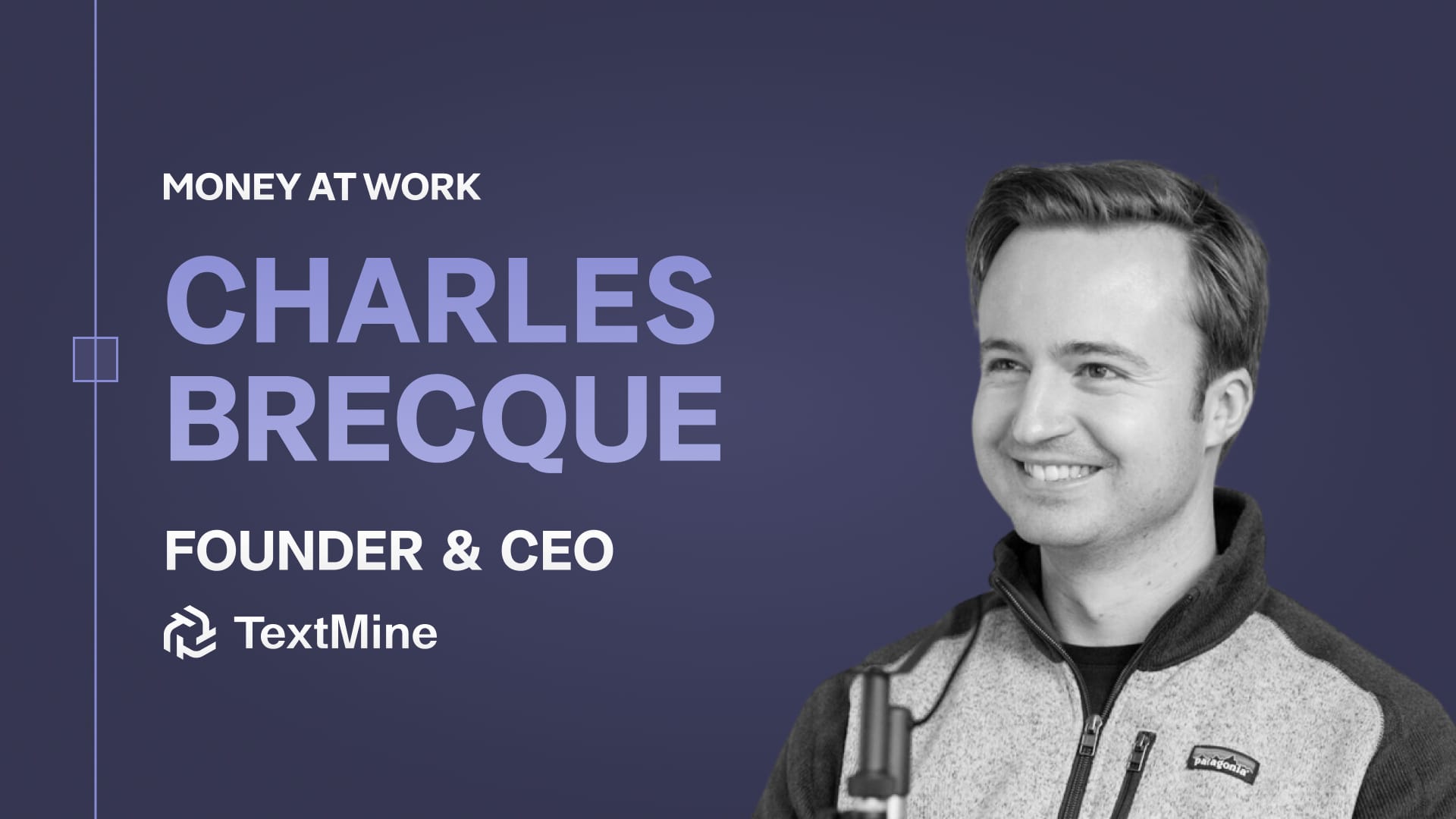We sat down with Andre Olivier (VP Global Treasury at PayU) to discuss how the role of a treasurer differs from a fintech company to other industries, how treasury function can be used as a strategic lever for growth, and the challenges treasurers face because of common misconceptions about the role.
Andre Olivier is currently the VP Global Treasury at PayU. With extensive experience in treasury leadership, Andre has covered everything from daily treasury operations to corporate and technical aspects of the job. But what really excites him is championing treasury as the strategic function that brings value to customers and products.
Tell us a little bit about you and your role at PayU
I'm the VP of Treasury at PayU. We're a global financial service provider in payments and credit/lending, as well as an active investor in the FinTech community. My responsibilities are to manage all things treasury, which in a FinTech is quite a substantial and diverse task.
“It's pretty amazing how much value treasury can add to the organisation because of the inherent capabilities and the fundamentals of what treasury is, especially for a payments company.”
At PayU, we (treasury) always try to push the boundaries and see how we can continuously progress the treasury function, both from a narrow definition of the term but also the wider opportunities within financial operations and settlements that influence product and value creation.
How do you see the difference between the role of a traditional treasurer and one that works in financial services?
Ultimately the fundamentals of a treasury function are the same whether it’s in Fintech or in other industries. The difference is how you apply the different aspects of treasury to your business. A typical corporation will perform all traditional aspects of treasury, but in financial services, the scope will be much broader and carry more opportunity for impact.
In a payments company, where the heart and soul of the business are financial messaging and technology services, it essentially comes down to managing all the simple things like payments, settlements, and reconciliation alongside the traditional functions of treasury like working capital management, cash flow management, liquidity management, risk management, and providing FX solutions.
The same goes for treasury teams in any other industry, but the difference is you have two orientations of money in financial services - one is your own funds, and the other is for your client monies.
How do you define treasury operations, and where do they sit in a broader company structure?
Unfortunately, the definition of treasury is oftentimes lost in a lot of misconceptions. It is often thought of either as a treasury function of a country or government or, for the most part, as a back-office function that is somewhere between finance and accounting.
That is highly unfortunate because, effectively, all of us manage our own treasuries. You pick up your phone, you open your banking app, and you're doing your own cash and working capital management and funding. When you travel abroad, you think about FX risk management and currency exchange.
If you take that same notion from a personal perspective and translate it to a context of a company, you start to understand it a little bit better. The Treasury preserves the capital of an organisation. That means managing cash, liquidity, risk, bank relationships, and the governance that sits around it. Depending on the nature of the company, all these categories can be slightly nuanced.
For example, a treasury team in a FinTech company is more oriented towards cash and liquidity management. Some parts of FX, of course, come into play, but those teams are managing a lot of cash. Treasury underpins that, it defines it. And that's what makes treasury exciting and especially within FinTech.
What trends do you currently see that are shaping treasury space today?
First of all, it's the technology that is enabling companies of all sizes to manage their treasury more effectively. If you think about it, the treasury function at scale is a specialist function. It's not a job where you can just wake up one morning and say: “I'm going to become a treasury specialist”.
“We want to see the world where treasury within an organisation, especially a small organisation, operates as an “Invisible Treasury” that is predominantly enabled by technology.“
With today's technology, there is a huge opportunity for the treasury function to be executed more efficiently and the risk within the organisation to be managed more effectively and to add value to customers.
Secondly, it is the current buzzword - artificial intelligence (AI). It's surprising how many companies struggle with their cash flow forecasting. For example, a founder running a startup will want to forecast their balance by the end of the month. They are not going to look at an accounting forecast that's theoretical. And so, doing cash flow forecasting at a bank account level is typically quite difficult. Artificial intelligence could be a huge enabler, particularly for smaller companies.
What advice would you give to Founders, Financial Directors, and Controllers that are looking to hire their first treasury role?
It’s all about understanding exactly what needs to be done. Whether you are a CFO or a controller or a founder, take the fundamentals of what treasury is against the problem you're trying to solve. And then you'll be able to define what kind of treasury resource you need to fulfil those requirements, and what system and banking relationships you'll need to support that.
So if you're a startup, most likely your bigger priority will be raising capital. Therefore you'll need a treasurer who is more inclined and has experience in fundraising. Versus an organisation that's a little bit more mature and growing really quickly. That type of company will have bigger working capital demands and will need a treasurer that has different skills to support it.
“The advice I would definitely give to anyone is to start with the end in mind. And then identify the kind of resources that you need to get there.”

Under the hood: How to build your finance data strategy | Robbie Osborne, Head of Finance at Humaans
27 Mar 2024
In this episode of the Money at Work podcast, we are joined by Robbie Osborne who is the Head of Finance at Humaans. Coming from a consulting background Robbie joined Humaans to build the function from scratch and develop reporting and data infrastructure that runs the organisation.

How bad financial and legal hygiene can make or break your startup | Charles Brecque, TextMine
14 Feb 2024
In this episode, we had the pleasure of speaking with Charles, the founder, and CEO of TextMine (formerly known as Legislate), about the journey of his company and the critical aspects of legal and financial management in startups.